Doceaqualip 20mg Docetaxel Injection
$200.00 – $900.00Price range: $200.00 through $900.00
Doceaqualip 20 is used to treat various types of cancer, including breast, lung, and stomach cancers. It contains Docetaxel, which works by inhibiting the division of cancer cells and slowing their growth.
| Pack Size | Price | Price / Unit | Quantity | |
|---|---|---|---|---|
| 1 Injection | $200.00 | $200.00/ unit | ||
| 3 Injections | $570.00 | $190.00/ unit | ||
| 5 Injections | $900.00 | $180.00/ unit |
Looking for bulk / B2B pricing? | Send Inquiry |

| SKU | 11168 |
| Manufacturer | Intas Pharmaceuticals Ltd |
| Categories | Anti Cancer |
| Delivery Time | 10 - 14 Working Days |
| Strength | 20mg |
Introduction to Doceaqualip 20mg Injection
Doceaqualip 20mg Injection is an Anti-cancer medication used for the treatment of breast cancer, non-small cell lung cancer, prostate cancer and cancers of head and neck. Doceaqualip 20mg Injection is given as an injection by a qualified medical professional.
Your doctor will decide what dose is necessary and how often you need to take it. This will depend on what you are being treated for and may change from time to time. You should take it exactly as your doctor has advised.
Taking it in the wrong way or taking too much can cause very serious side effects. It may take several weeks or months for you to see or feel the benefits but do not stop taking it unless your doctor tells you to.
Uses of Doceaqualip 20 mg
- Breast cancer
- Non-small cell lung cancer
- Gastric (Stomach) Cancer
- Prostate cancer
- Cancer of head and neck
How Does Doceaqualip 20 Works?
Doceaqualip 20mg Injection is an anticancer medication. It works by interfering with the microtubule structures which help the cancer cells to divide and multiply. This slows the growth of cancer cells and eventually kills them.
Side Effects of Doceaqualip
- Breathlessness
- Constipation
- Edema (swelling)
- Infection
- Loss of appetite
- Muscle pain
- Nail disorder
- Pain
- Weakness
Dosage of Doceaqualip 20 mg
- Doceaqualip 20 is available in various vial strengths, such as 20mg, 80mg, 120mg, and others.
- The dosage and treatment schedule may vary depending on the type of cancer being treated, the patient’s overall health, and individual response to the medication.
- Doceaqualip 20 is typically administered through intravenous (IV) infusion by a qualified healthcare professional in a hospital or clinical setting.
- The frequency of administration and the number of treatment cycles will be determined by the oncologist, depending on the specific cancer and treatment plan.
- Prior to each infusion, pre-medication with corticosteroids and antihistamines may be given to reduce the risk of hypersensitivity reactions. Doses may be adjusted or delayed based on the patient’s response to treatment and any observed side effects.
Other Dosages of Doceaqualip
How to Manage Side Effects?
- Stay hydrated
- Eat small, frequent meals
- Take prescribed anti-nausea medications
- Rest regularly
- Use gentle oral care
- Monitor for infections
- Wear loose clothing
Warnings & Precautions
Warnings and Precautions for Doceaqualip 20 mg Injection (Docetaxel):
1. Allergic Reactions:
- Severe allergic reactions may occur, including anaphylaxis. Pre-medications like corticosteroids are often given to reduce this risk.
2. Bone Marrow Suppression:
- Docetaxel can cause low blood cell counts, increasing the risk of infections, bleeding, or anemia. Regular blood tests are necessary.
3. Liver Dysfunction:
- Caution is required for patients with liver disease, and dose adjustments may be needed.
4. Heart Conditions:
- Docetaxel may cause fluid retention or heart problems. Patients with heart disease should be monitored closely.
5. Infections:
- Due to the risk of neutropenia (low white blood cell count), patients are more susceptible to infections.
6. Pregnancy and Breastfeeding:
- Should not be used during pregnancy or breastfeeding due to potential harm to the fetus or infant.
7. Peripheral Neuropathy:
- Numbness, tingling, or pain in hands and feet may occur, requiring monitoring and management.
8. Fluid Retention:
- Can cause swelling, weight gain, or breathing difficulties. If these occur, seek medical attention immediately.
Storage
- Store in a cool place – Keep the medication in a controlled room temperature, between 15°C to 25°C (59°F to 77°F).
- Avoid freezing – Do not freeze the injection, as this can affect its effectiveness.
- Protect from light – Store in the original packaging to protect from exposure to light.
- Keep out of reach of children – Ensure that the medication is stored safely to prevent accidental ingestion.
- Do not use after expiration – Dispose of the injection properly if it has passed the expiration date.
Frequently Asked Questions
1. How long will I need to take doceaqualip?
The treatment duration depends on the type of cancer and how your body responds to the medication. Your oncologist will determine the appropriate length of treatment.
2. Can I drink alcohol while on doceaqualip?
It’s generally advisable to avoid alcohol during chemotherapy, as it can worsen side effects like nausea, fatigue, and liver stress.
3. Can doceaqualip be used during pregnancy or breastfeeding?
No, Doceaqualip should not be used during pregnancy or breastfeeding as it can harm the fetus or infant. It is crucial to inform your doctor if you’re pregnant or planning to become pregnant.
4. How to administer doceaqualip 20mg Injection?
Doceaqualip 20mg Injection will be given to you only by a doctor or a nurse into a vein as an intravenous infusion. Your doctor will decide the correct dose and duration for you depending upon your age, body weight and disease condition.
| Pack Size | 1 Injection, 5 Injections |
|---|---|
| Price/Unit | $180/unit, $190/unit, $200/unit |
Be the first to review “Doceaqualip 20mg Docetaxel Injection” Cancel reply
Related Products
Anti Cancer
Anti Cancer

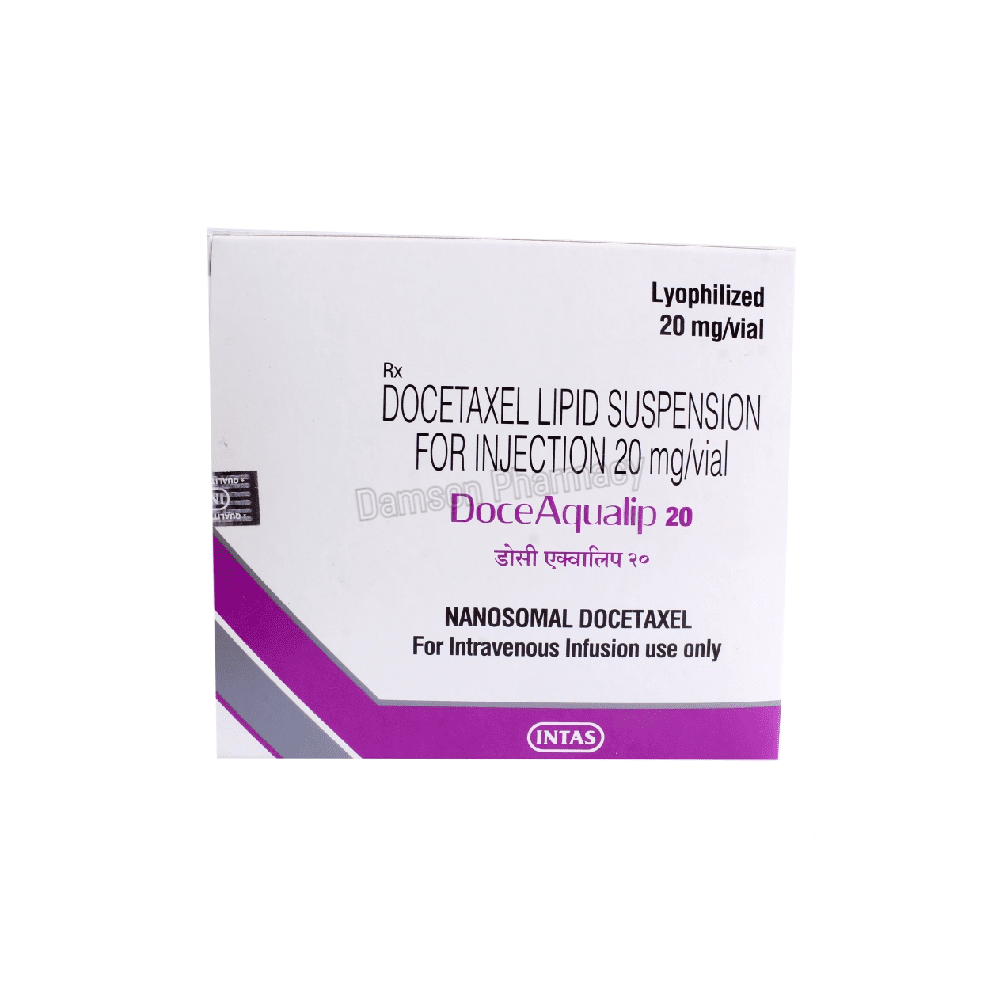
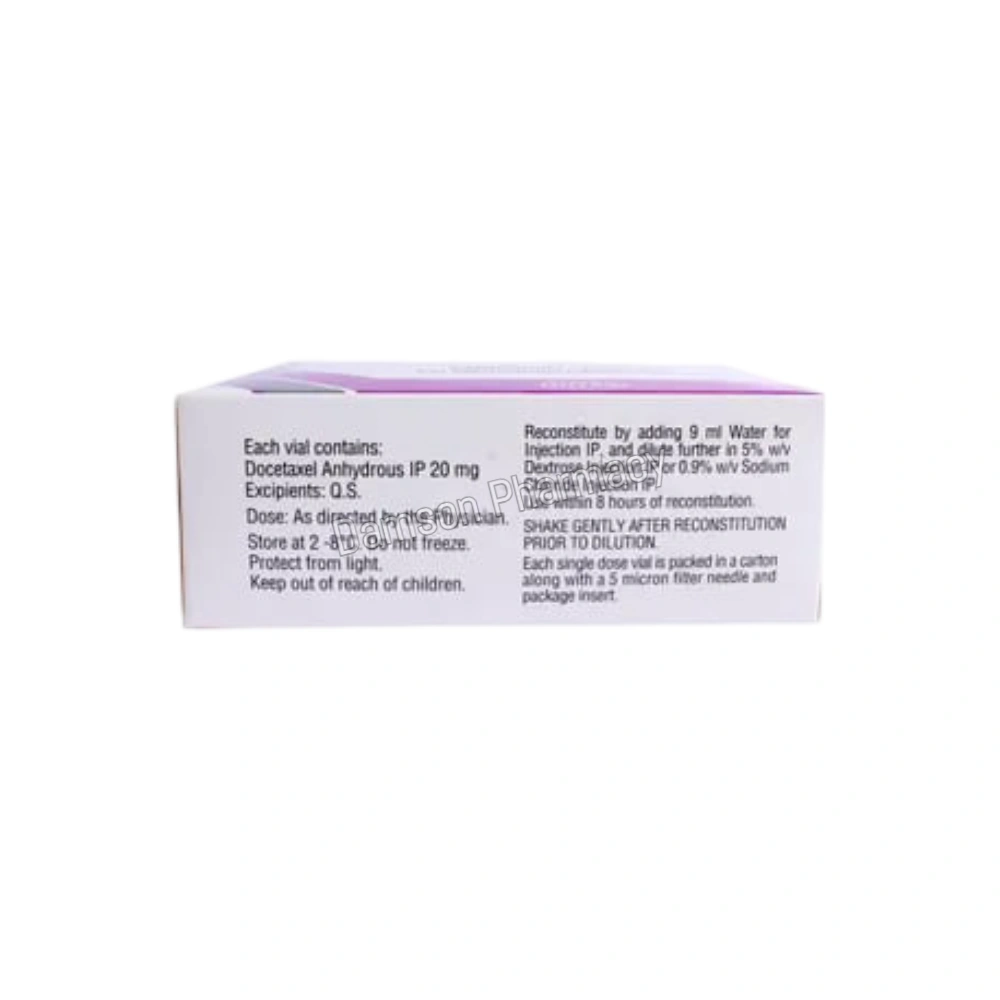
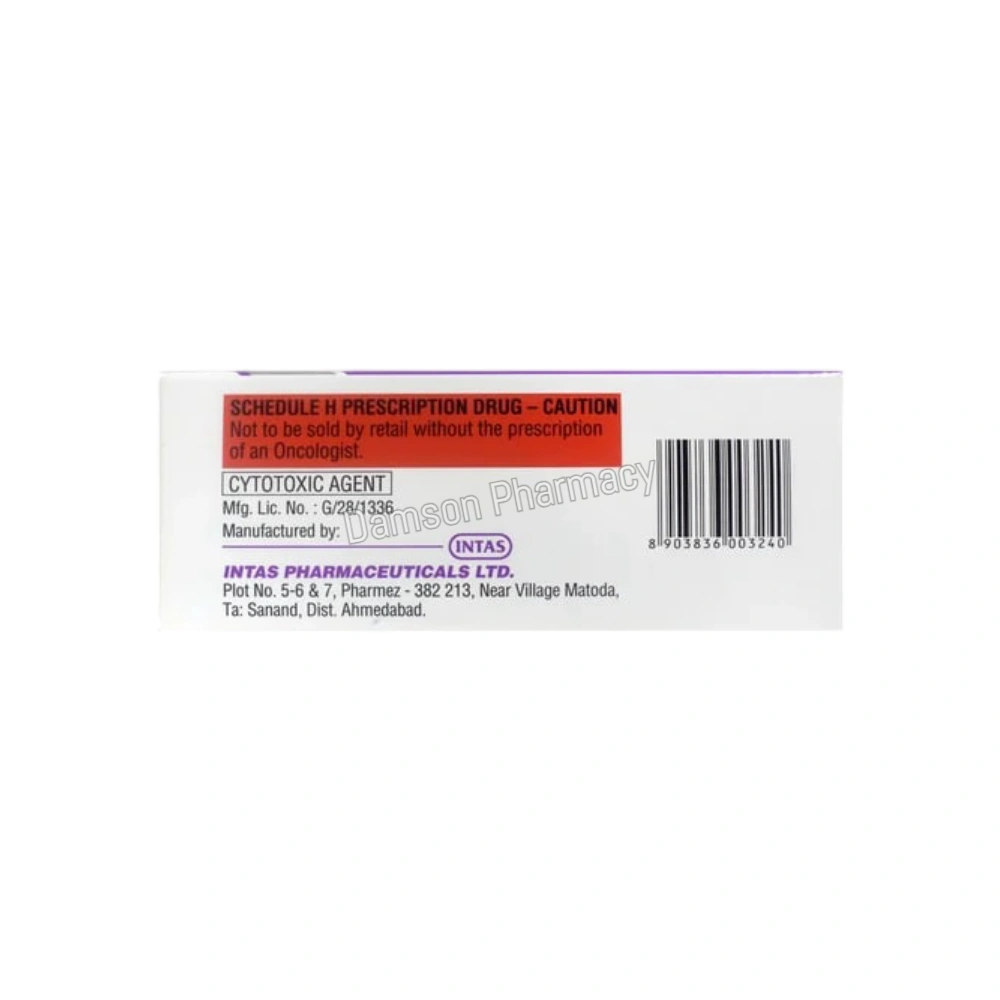
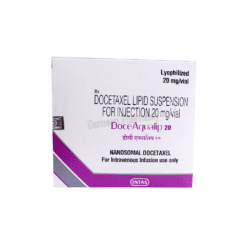

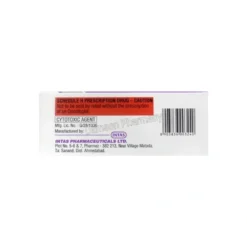
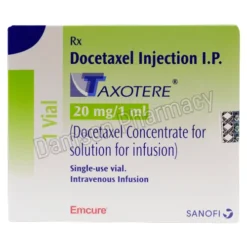
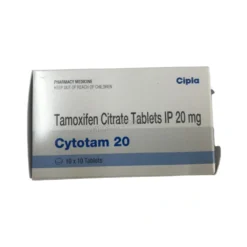

Reviews
There are no reviews yet.